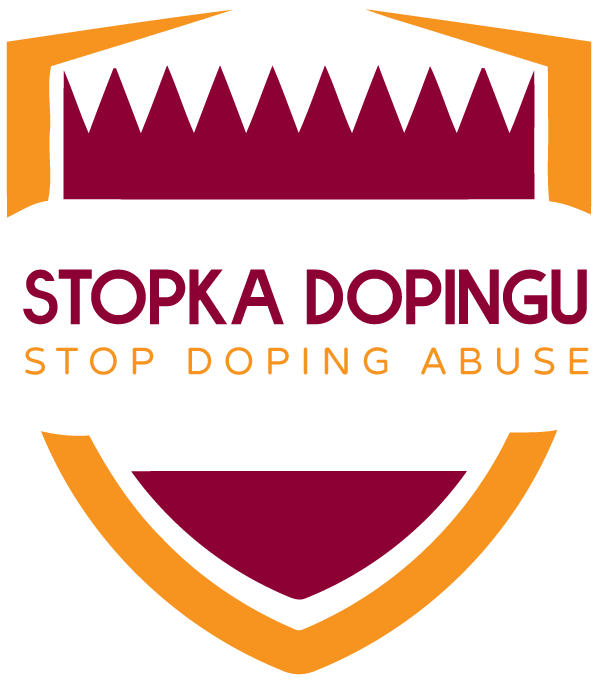Recommendations for European non-profit organizations
- Health risks
- Using performance-enhancing drugs can have serious health risks, including cardiovascular diseases, liver and kidney damage, infertility, and psychological issues. Using performance-enhancing drugs can have a range of dangerous side effects, including an increased risk of cardiovascular disease, liver and kidney damage, infertility, psychological issues, and other health problems. These side effects can have serious consequences for the athlete’s health, both in the short and long term.
- Ethical concerns
- Using these drugs can be seen as cheating and goes against the principles of fair play and sportsmanship.
- Legal issues
- Using these substances is against the rules and regulations of many sports organizations and can result in disciplinary action or legal consequences.
- Inequality
- Using performance-enhancing drugs can create an unfair advantage for athletes who use them, creating an uneven playing field.
- Unnatural performance
- Using PEDs can create an unnatural level of performance that is not achievable through natural means.
- Damage to reputation
- The use of performance-enhancing drugs can damage the reputation of the sport as a whole, leading to a decline in fan support, sponsorships, and revenue. This can have far-reaching consequences for the sport and the athletes who participate in it. Athletes should consider the broader impact of their actions on the sport and avoid the use of these drugs to maintain the integrity of the sport.
- Financial costs
- The usage of performance boosters can be expensive and create financial pressures for athletes to perform at a high level.
- Masking injuries or pain
- Using performance-enhancing drugs can mask injuries or pain, leading to further damage and long-term consequences.
- Role model for youth
- Athletes are role models for young people, and using PEDs can send the message that winning is more important than fair play. This can lead to negative consequences for young people’s moral development, so athletes should avoid using these drugs to be positive role models.
- Overdose
- Anabolic steroid overdose is generally considered to be the cumulative effect of long-term use. This “chronic overdose” can have extreme detrimental effects on your health—both physical and mental.
ACTIONS THAT MAY BE PROVIDED BY THESE NON-PROFIT ORGANIZATIONS:
- Organizing informal discussions with ex users of doping
- Meeting with doping experts
- Organizing exhibitions about doping
- Dramatic and philosophical treatment of the issue of doping
- Creating short clips about doping
- Informing about doping during sports competitions
- Offering leaflets about the issue of doping to young people
- Showing videos and films about former users of doping
- Excursions to anti-doping agencies, j) placing information boards at sports venue
- Posting flyers in the interiors of sports venues


